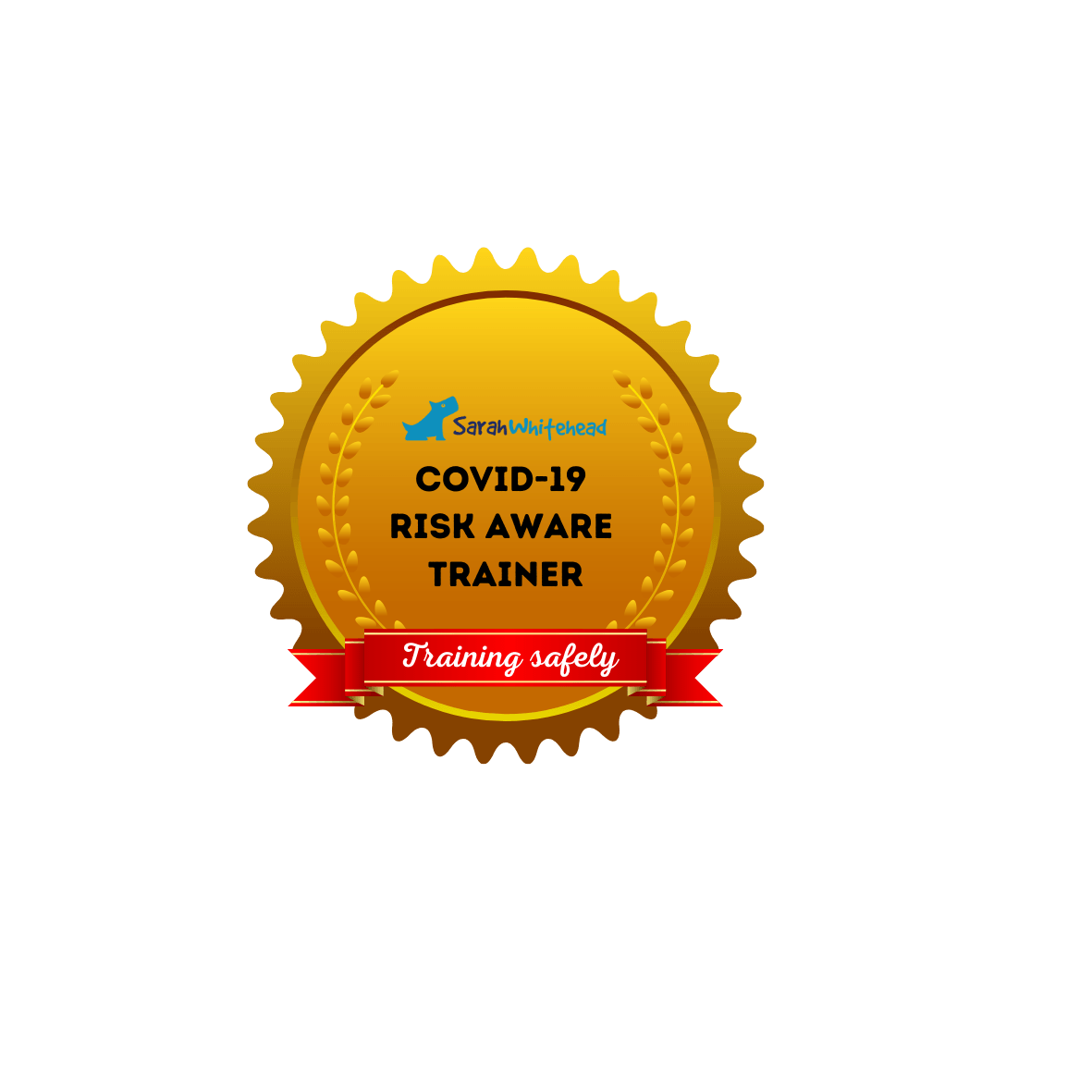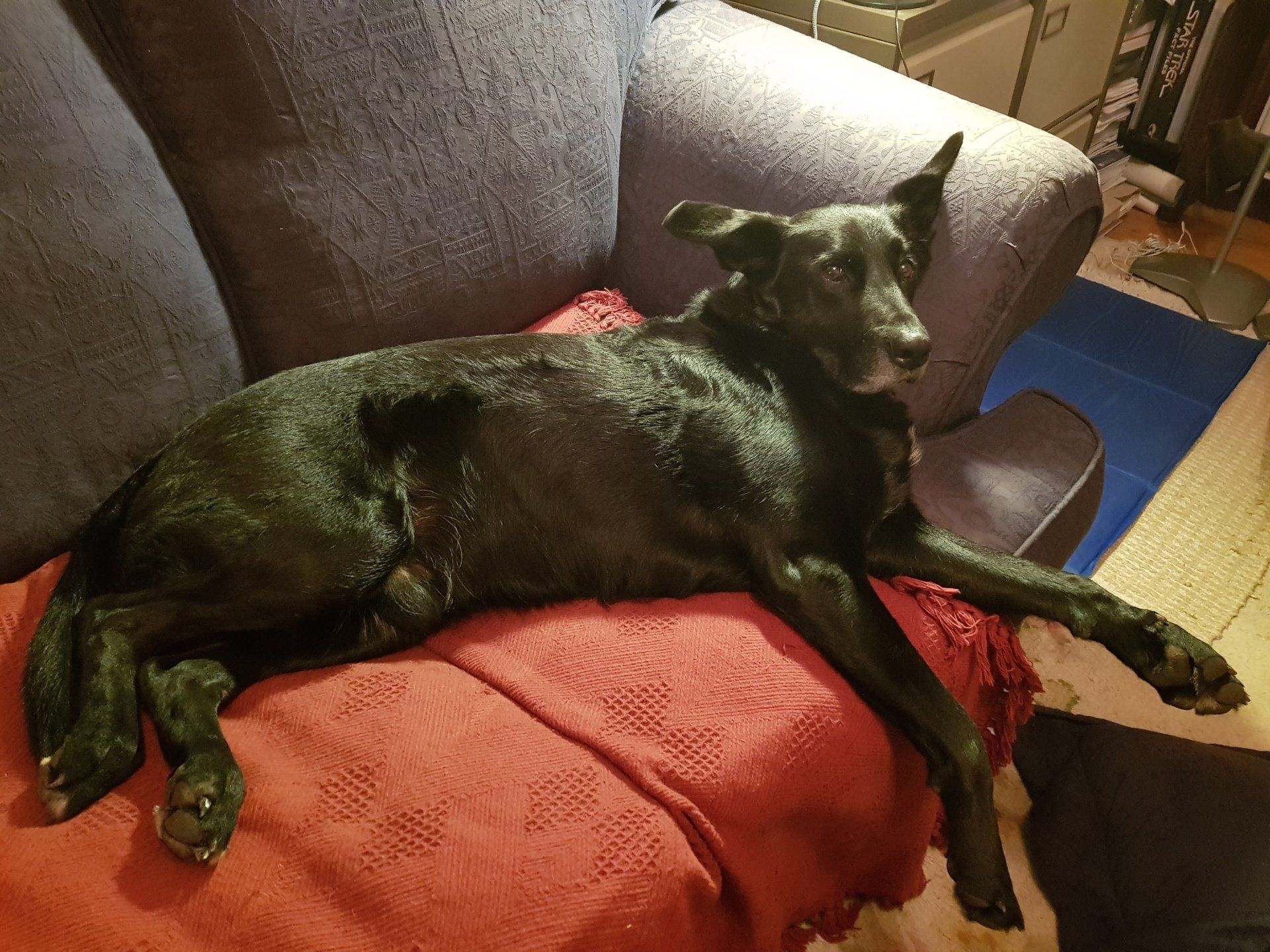"I would not hesitate to recommend Stephen and The Dog House Rules. It is amazing the knowledge he has. We truly had our money's worth and a whole lot more."
Maureen & George Sahm
“Stephen transformed our rescue dog Brannigan, who lacked confidence and struggled to communicate. His personalised approach helped Bran express his needs — crucial because he needs medication twice daily. Despite limited history, Stephen worked wonders. We cannot recommend him enough.”
Helen Chadwick
"I can thoroughly recommend The Dog House Rules, as it is a professionally run business, with the dogs needs as paramount."
Marion Milliner
“We contacted Stephen due to our dog Pepsi’s resource guarding. His force-free methods, dedication and flexibility were outstanding. Pepsi made incredible progress, and Stephen supported us with detailed guidance outside sessions. Highly recommended.”
Jacob Blackburn
“We were so grateful for Stephen’s help with our pointer after she suddenly became aggressive towards one of our other dogs. We were devastated and considering rehoming. Stephen is calm, professional and incredibly knowledgeable. He gave us tools and techniques that have allowed us to keep all our dogs together. Highly recommended.”
Hilary Bellwood
“We’d only had our rescue dog Lenny for a week and felt we’d made a mistake — but we couldn’t give him back. He was gentle with people but extremely reactive with dogs. After just one session we felt hopeful. Every session was rewarding, and Lenny benefitted enormously. Stephen is exceptional: calm, responsive and a supreme professional.”
Abbi Shafto
“Stephen is amazing. Our rescue dog Mari was completely shutdown. He personalised a programme and supported us throughout. I now have a dog who can live her life to the fullest — and I now have the confidence to keep working with her.”
Paula Davis
OUR PURPOSE
- FEAR of MEN - grey hair, work clothes, standing
- RESOURCE GUARDING - food, bed, owner
- TOILETING - inside/outside; only away from home
- FOOD/EATING - won't eat; only outside
- AGGRESSIVE BEHAVIOUR - dogs; children; cyclists
- SPACES - won't go out; won't come in
- HANDLING/EQUIPMENT - can't touch; collar/lead/harness
- NOT SHOWING AFFECTION/NOT BONDING
OUR APPROACH
"Humane training is possible when we understand each dog in a nuanced way that reflects who they are as a social, cognitive, emotional and physical being."
Suzanne Clothier
OUR
SERVICES
FOCUS AREAS
CONSULTATIONS
COACHING
TRAINING
OUR LOCATION
Contact Us
OUR QUALIFICATIONS

OUR
PACKAGES
CONSULTATIONS
COACHING
TRAINING
Jacob Blackburn
🐕🦺🐕🦺🐕🦺🐕🦺🐕🦺
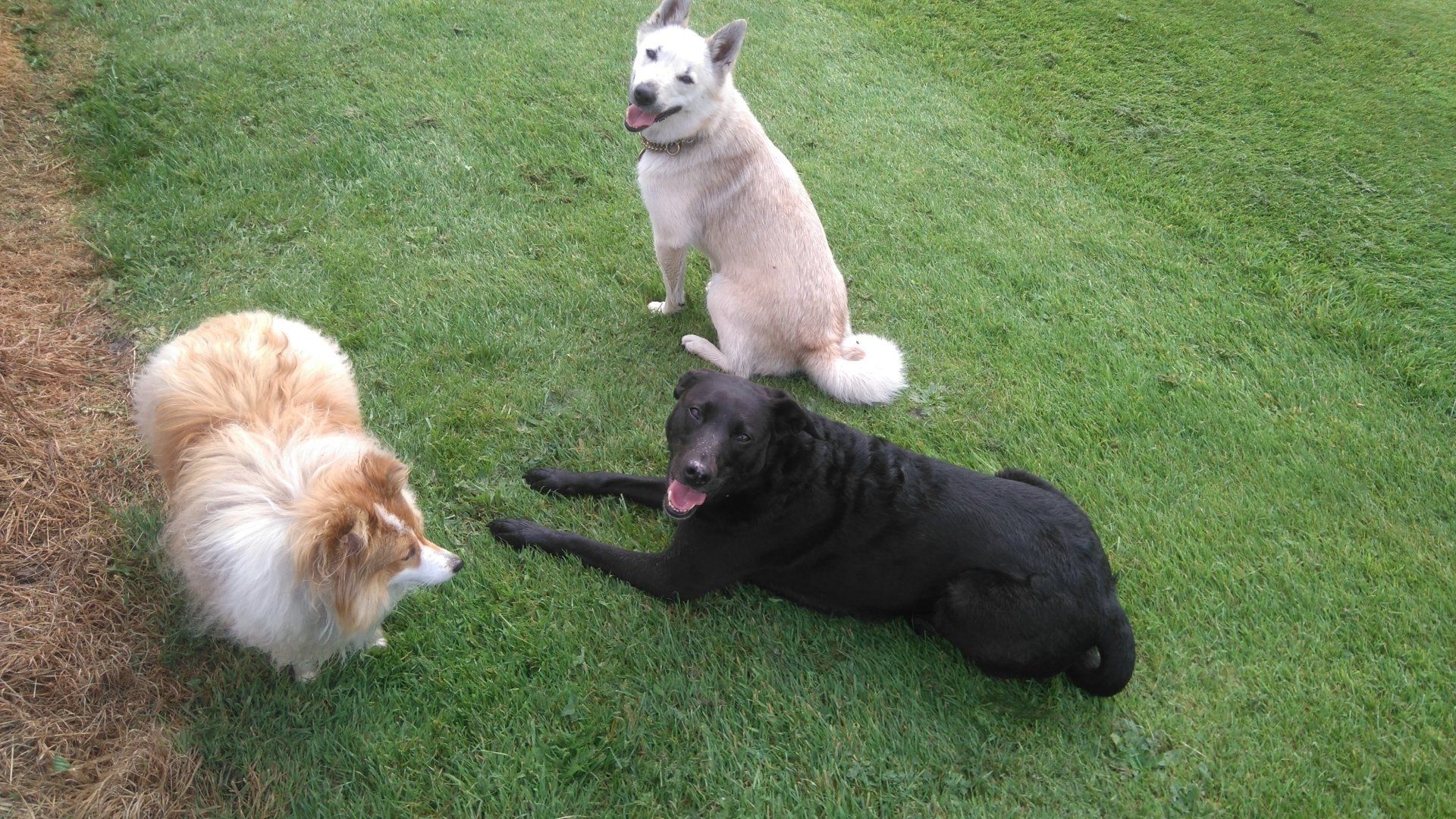
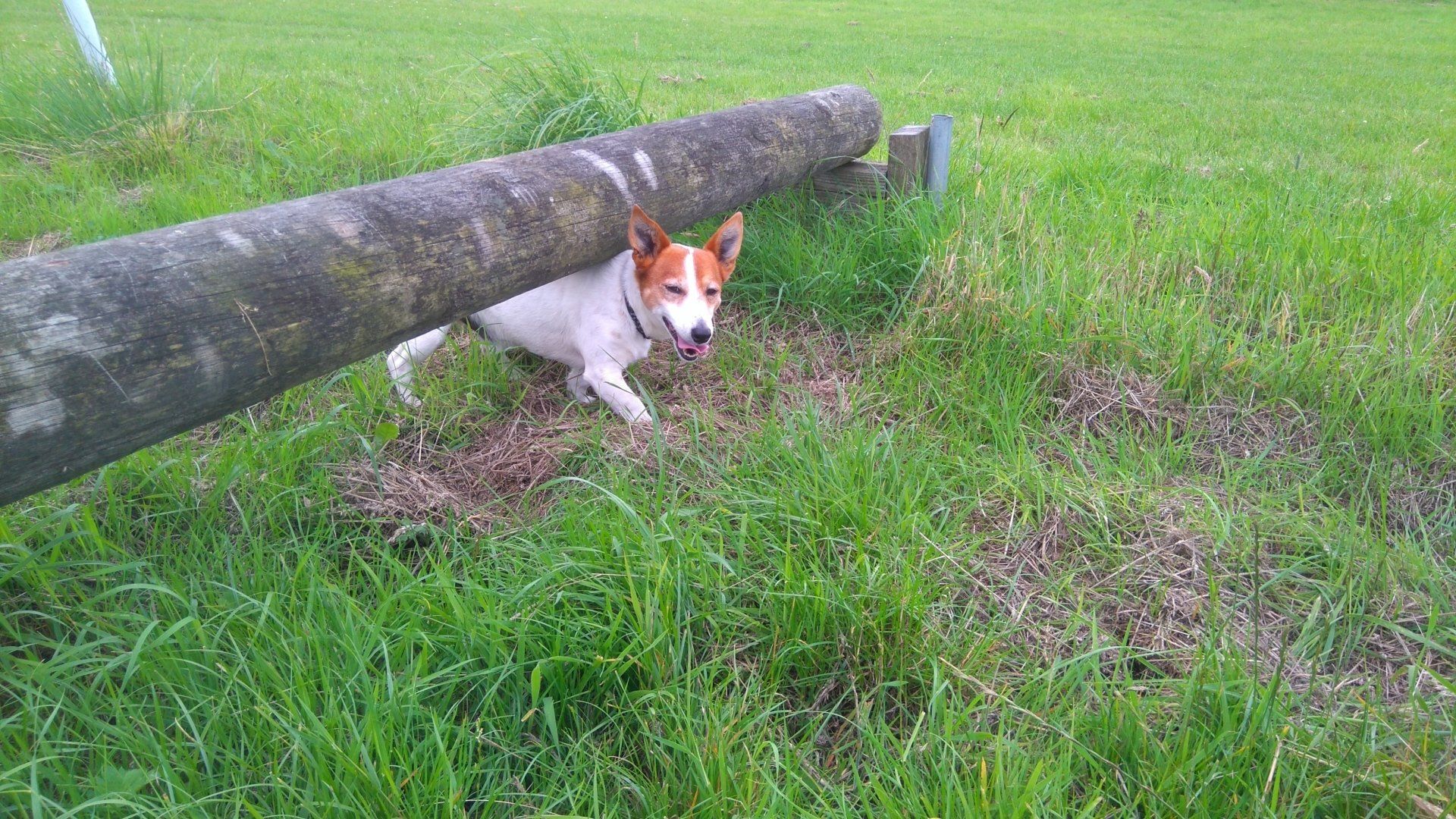
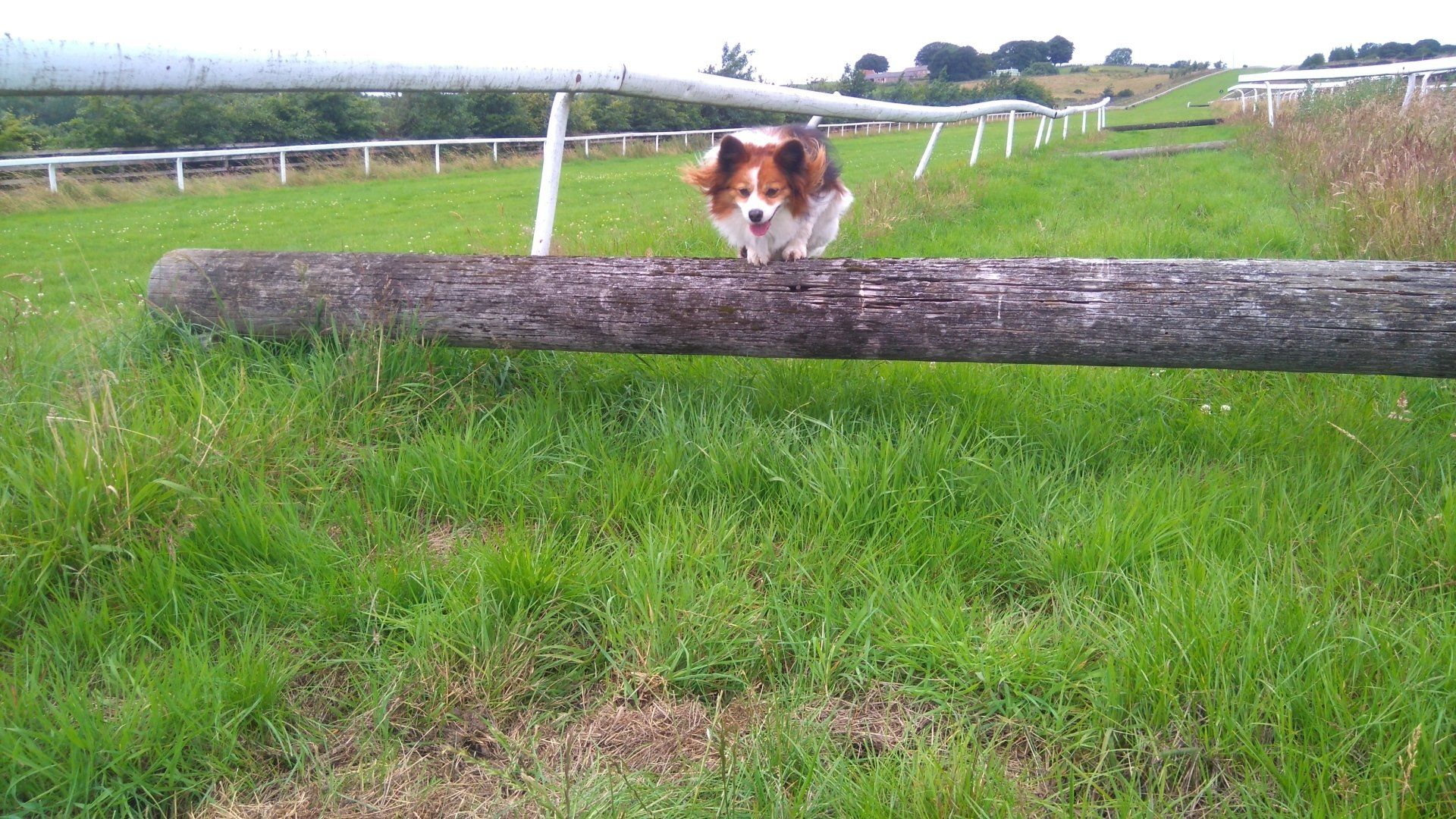
"We can go to the shop and leave a happy contented dog and get a really happy excited greeting when we return home. He is calm, happy, still full of character and playfulness. Now when he does something we need to change, instead of us trying to shout out orders to stop him we try to understand the reason why he is doing what he is doing and then solve it.
I would not hesitate to recommend Stephen and The Dog House Rules. It is amazing the knowledge he has. We truly had our money's worth and a whole lot more."
Maureen Sahm
🐕🦺🐕🦺🐕🦺🐕🦺🐕🦺
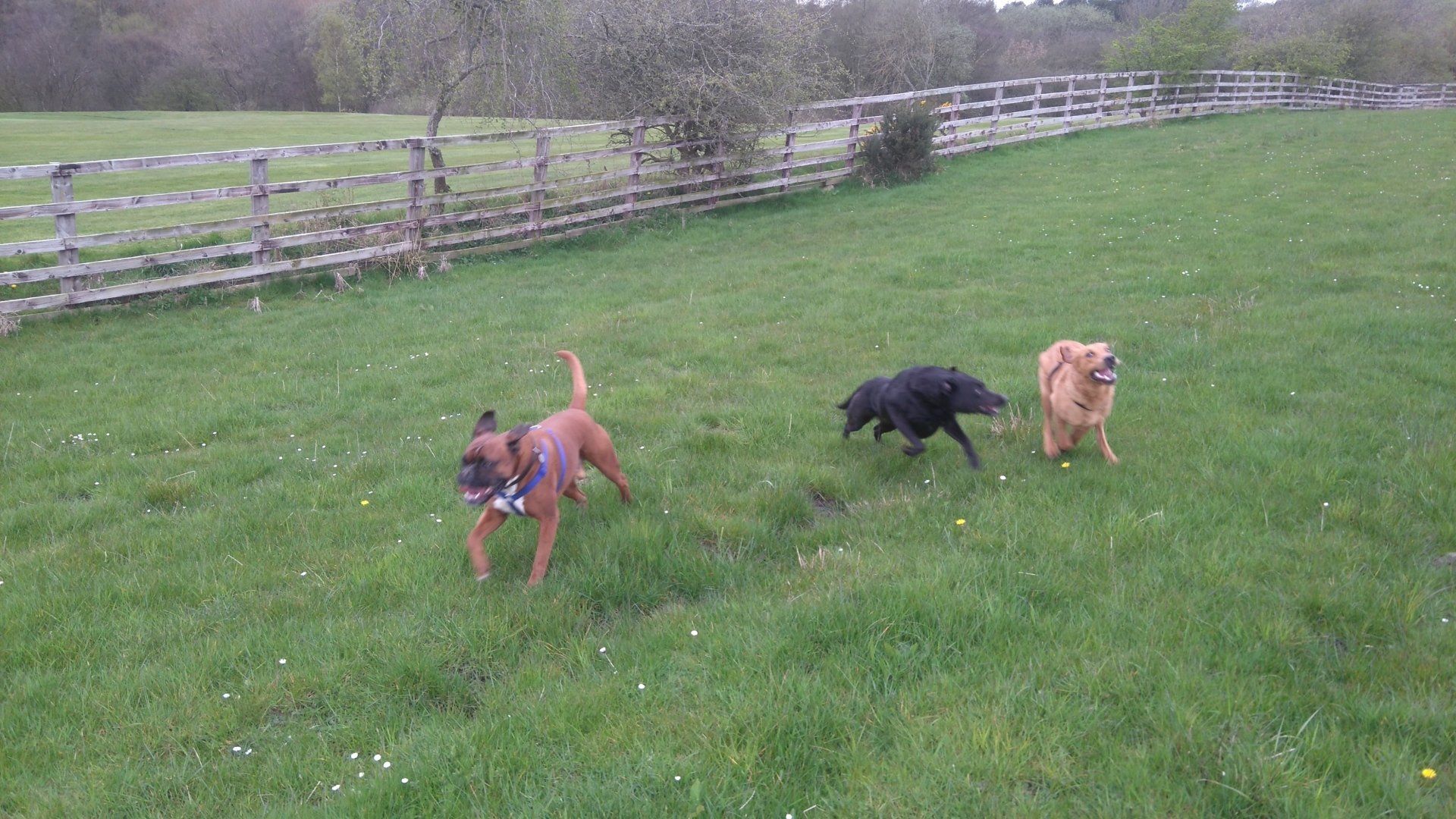
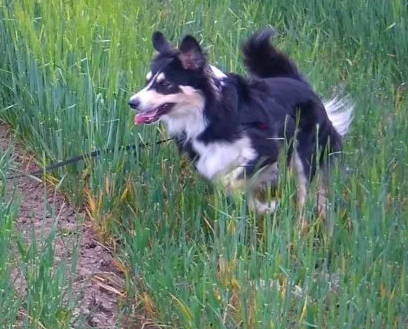
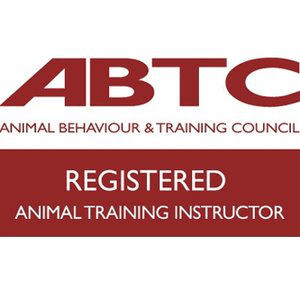



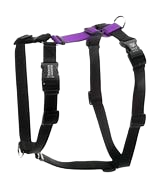
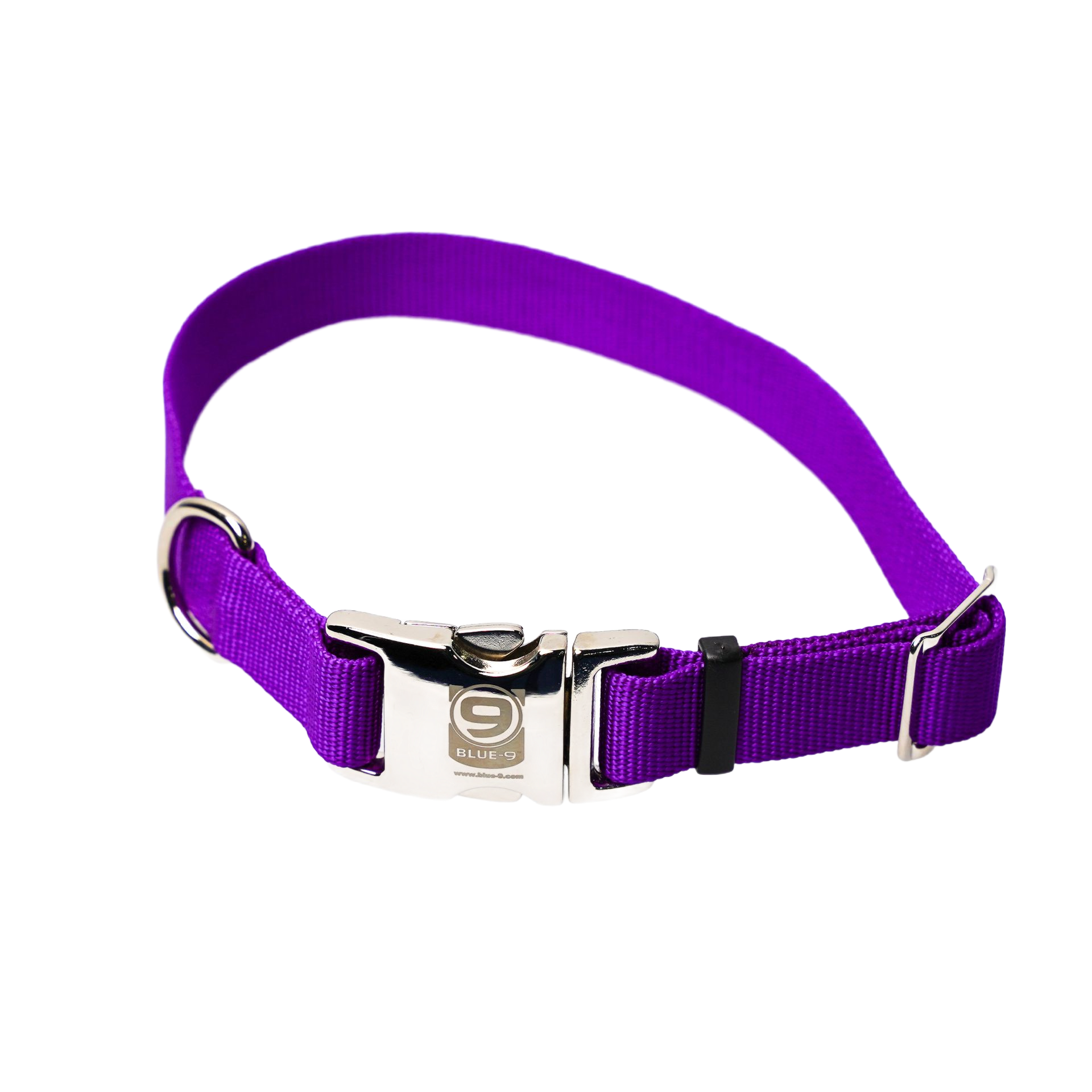



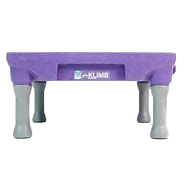

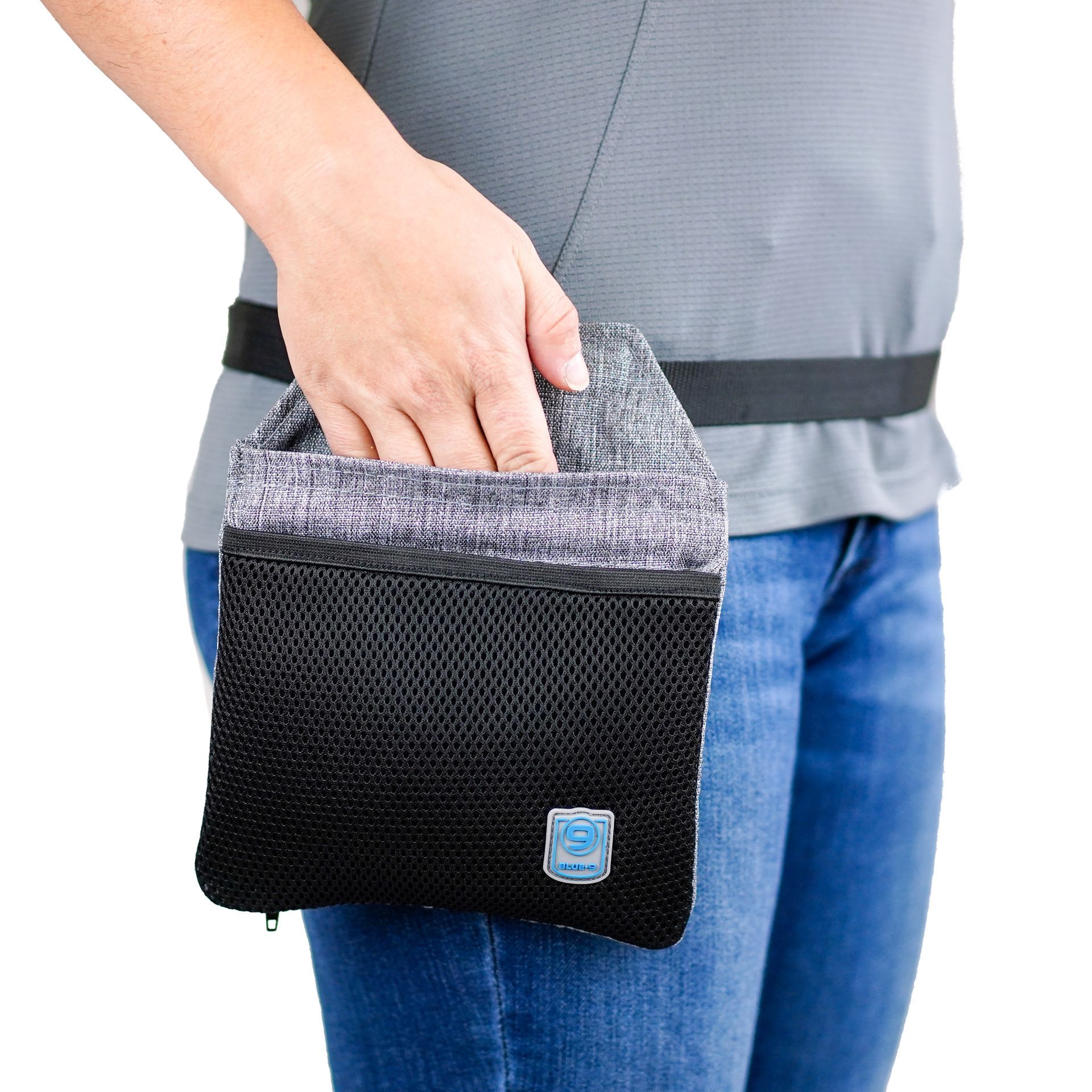






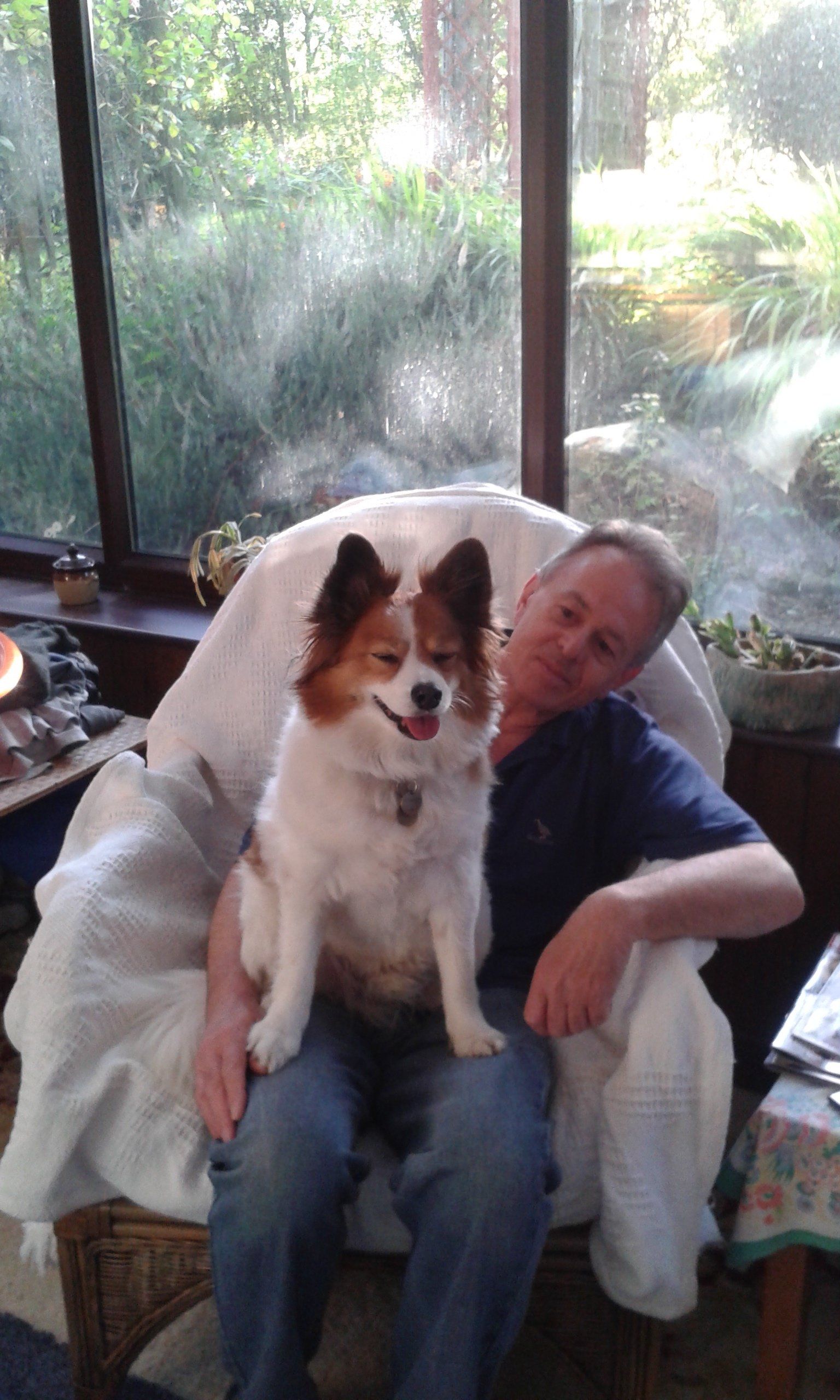
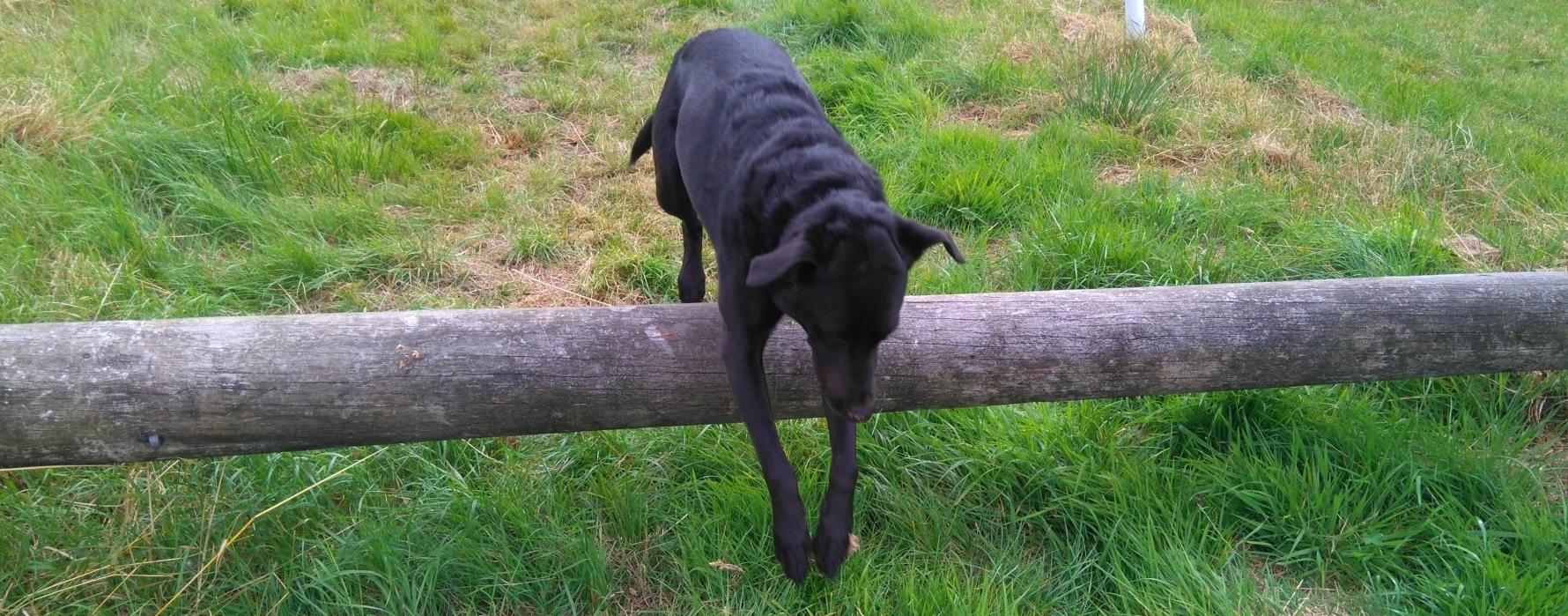
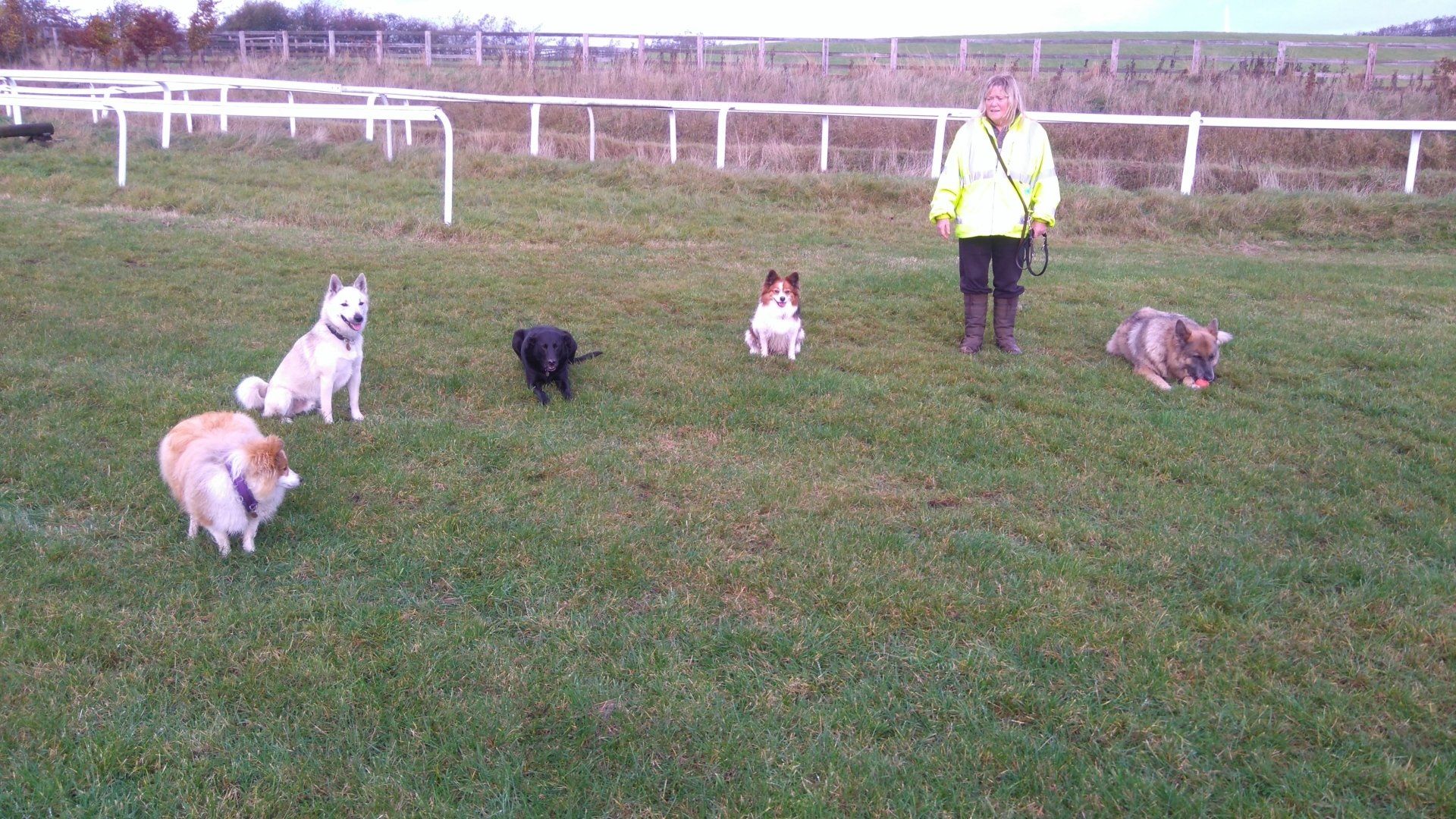
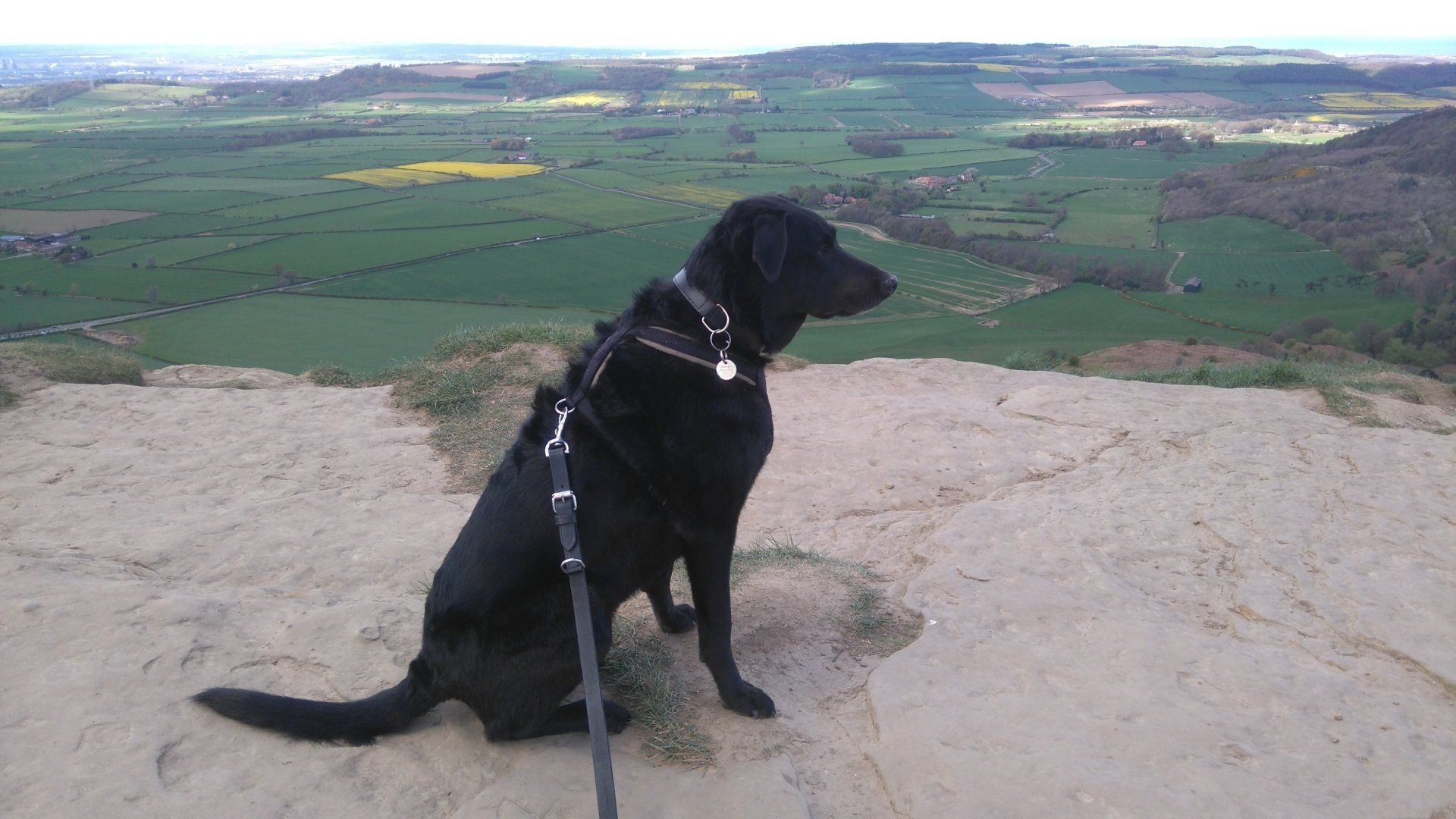
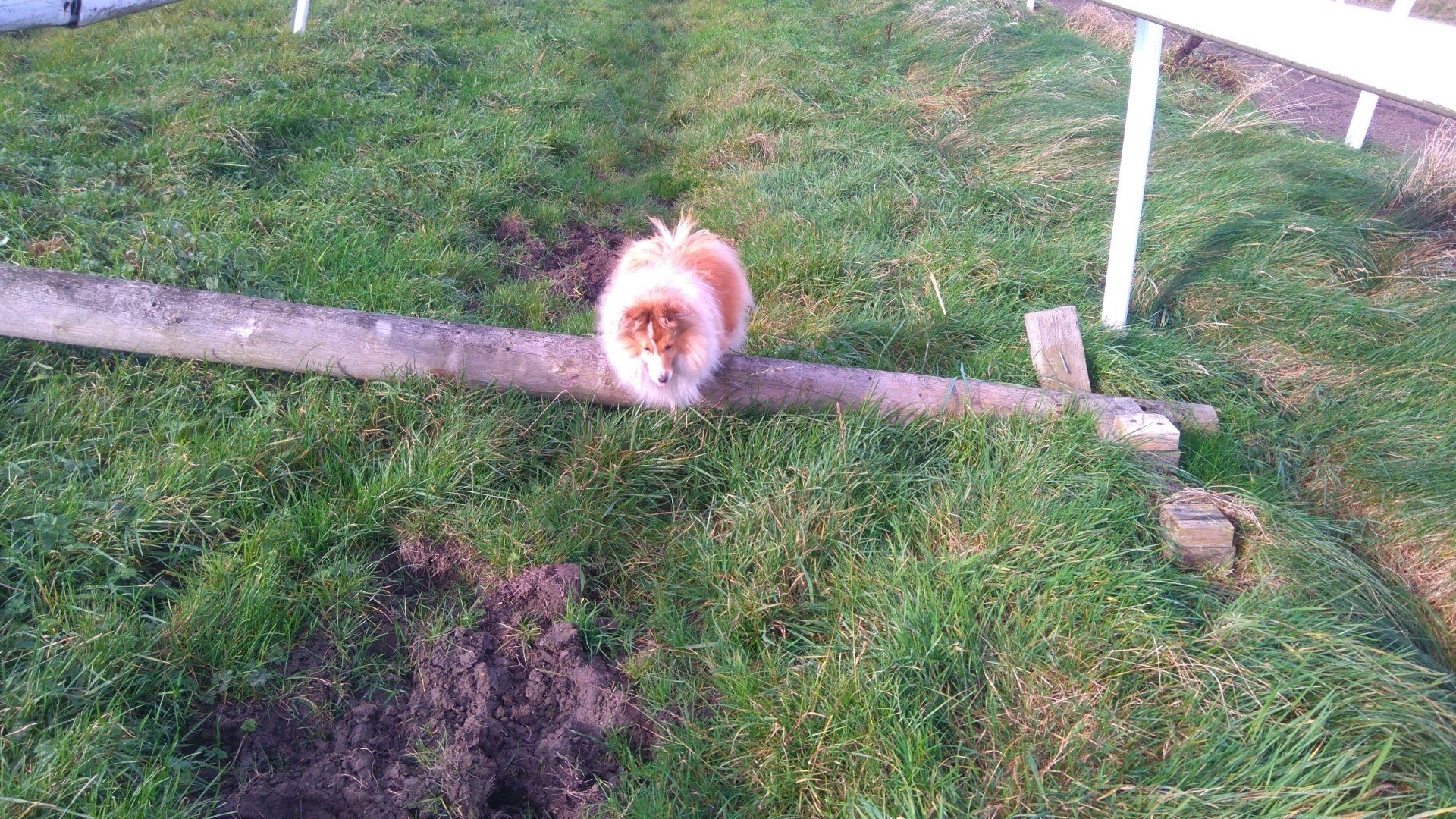
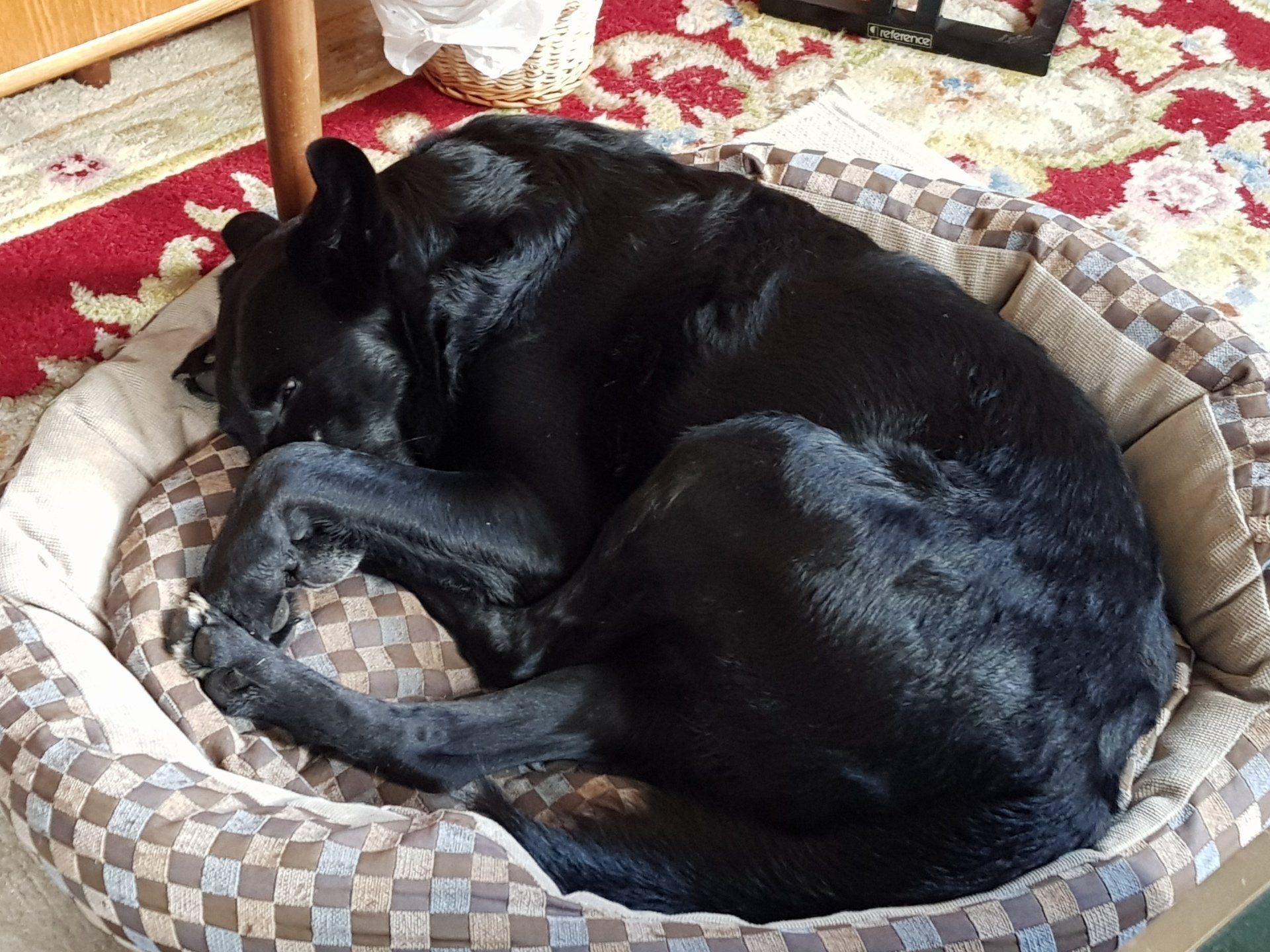
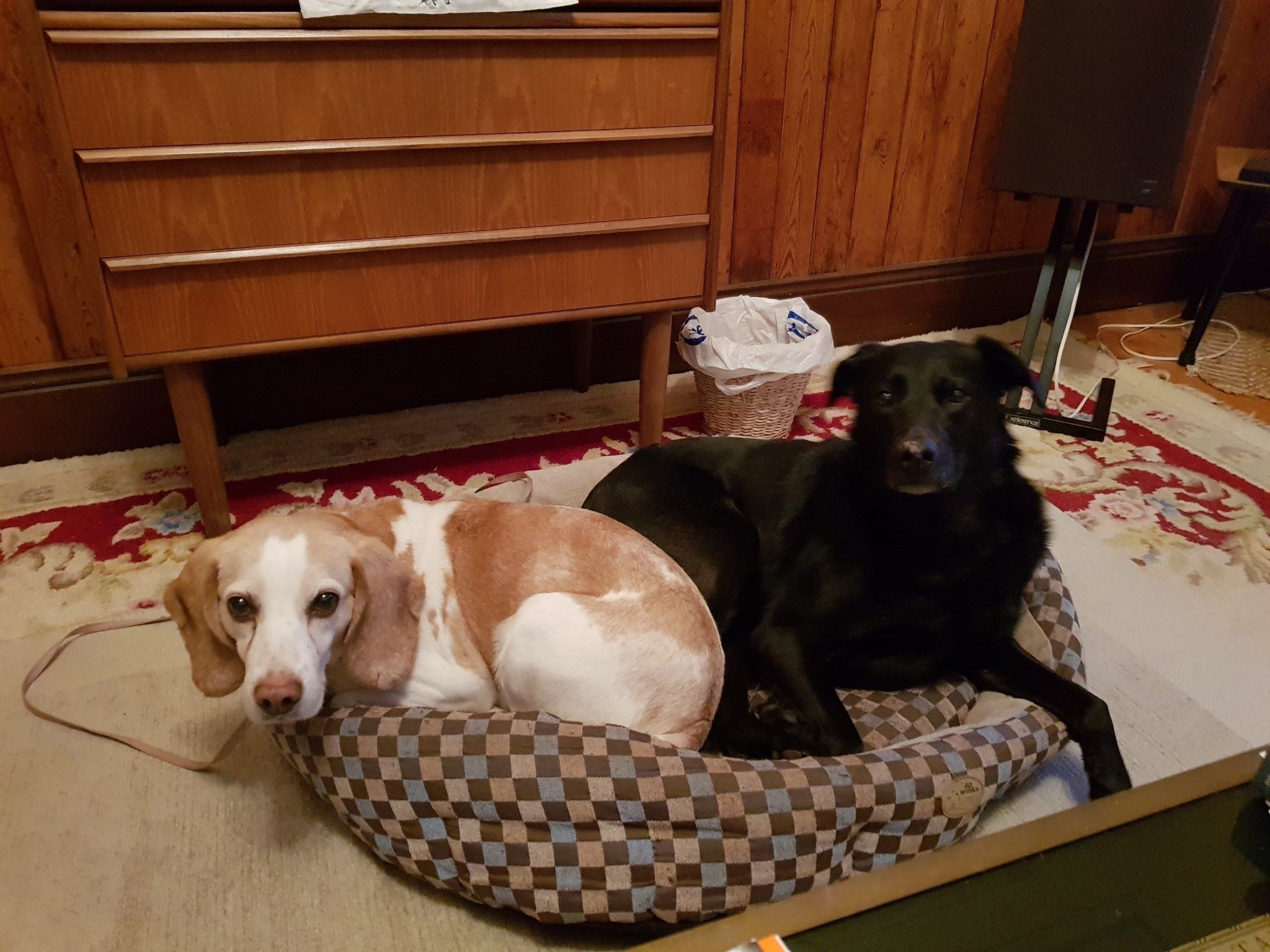
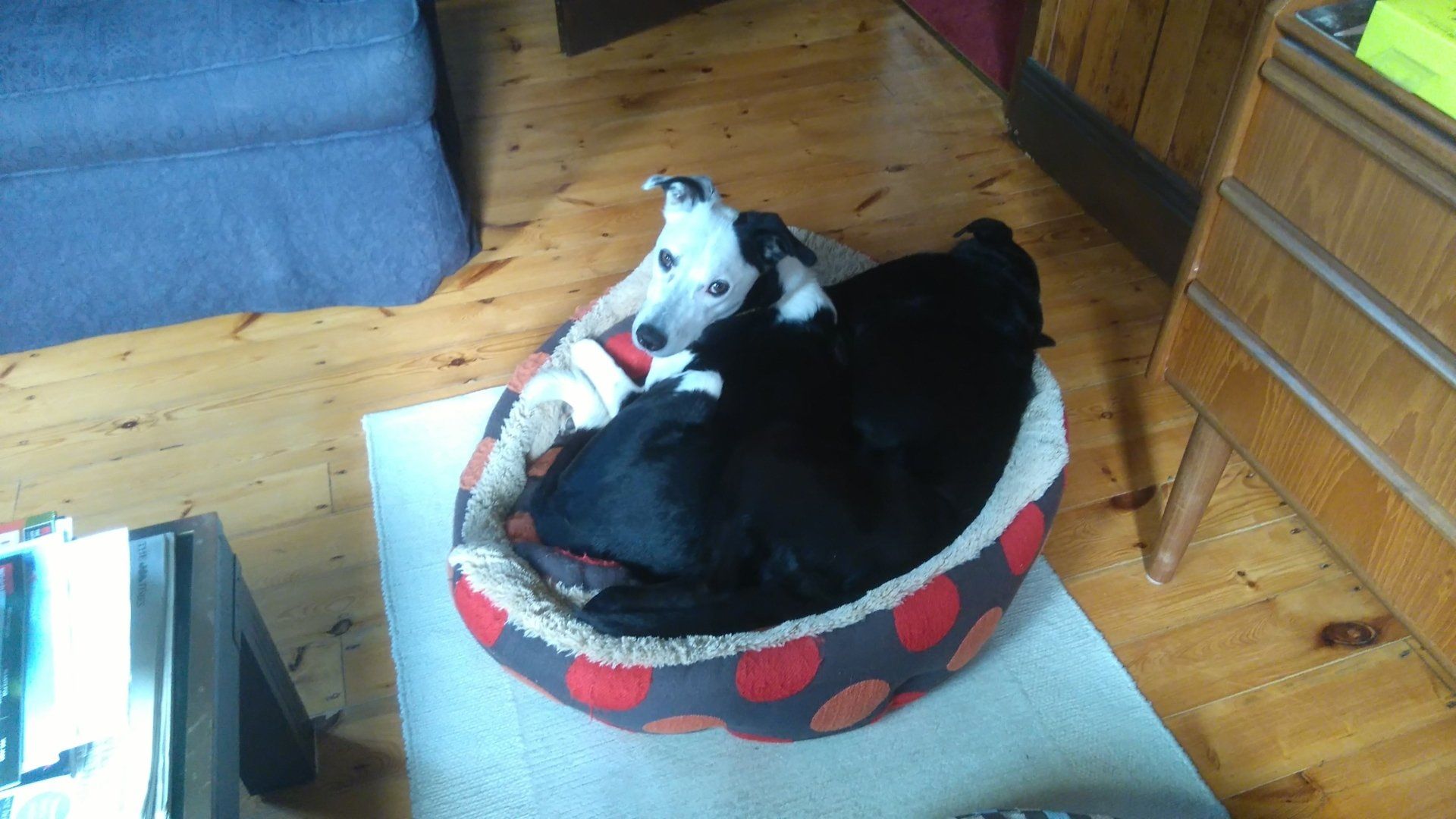
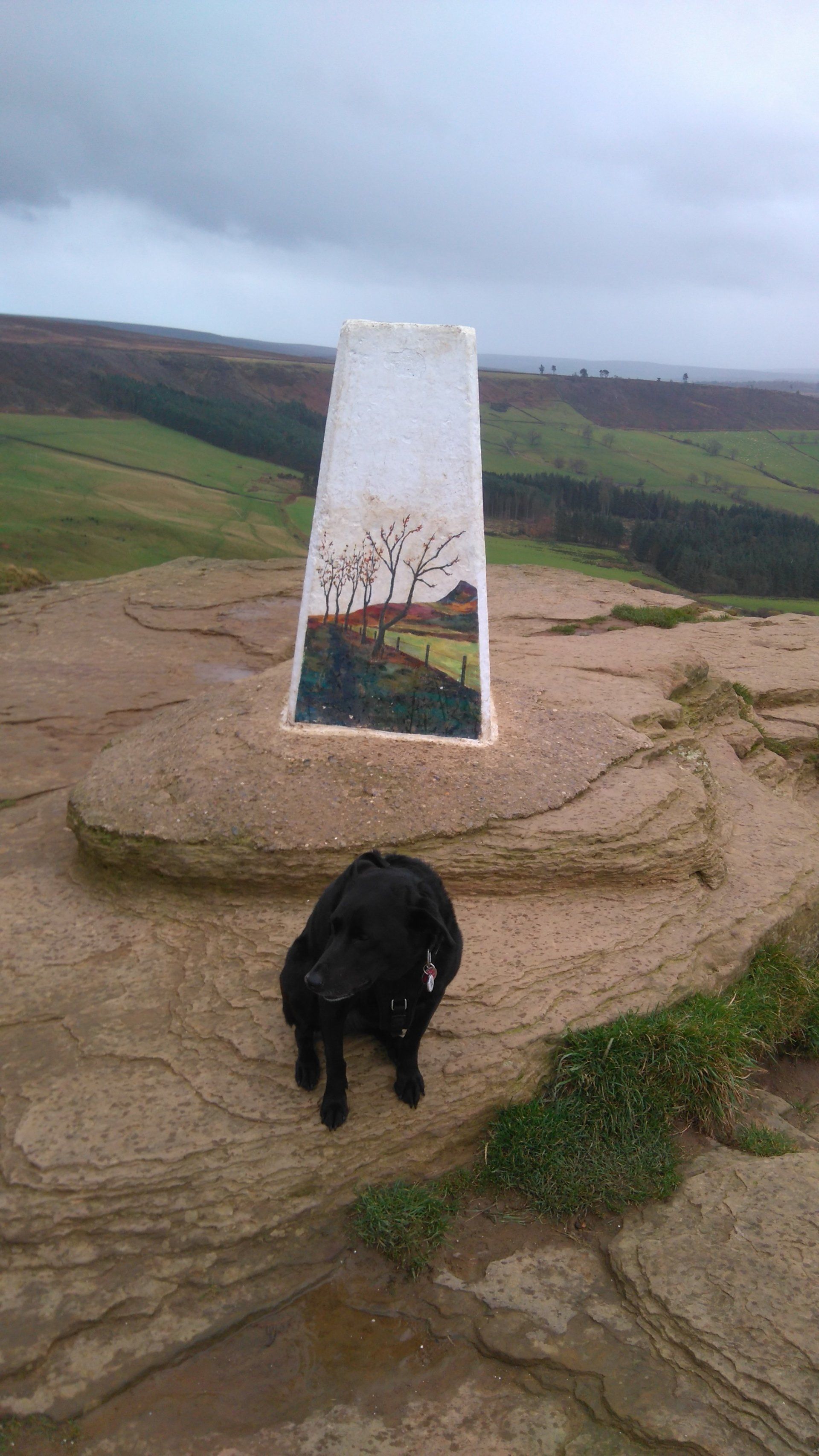

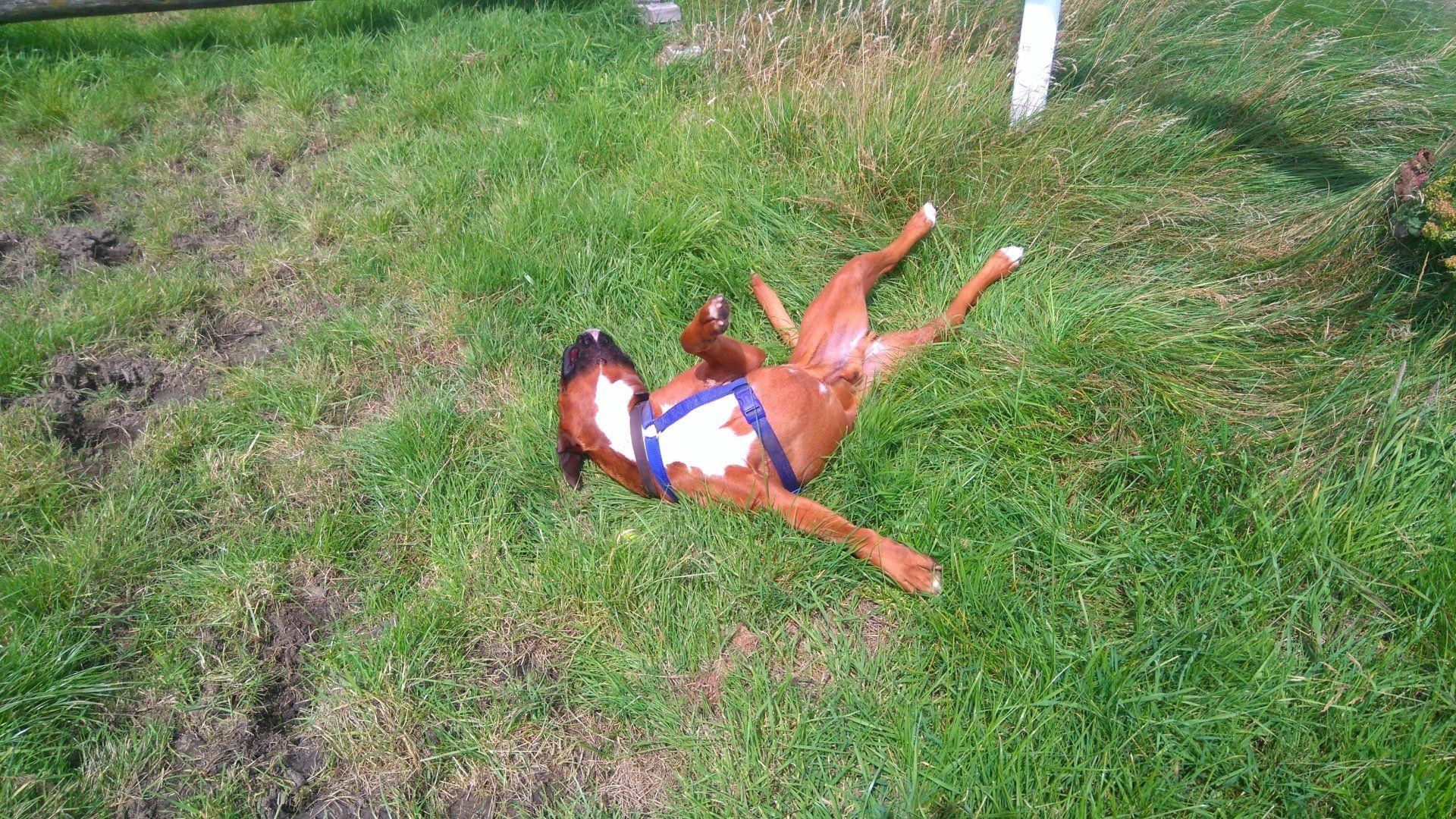
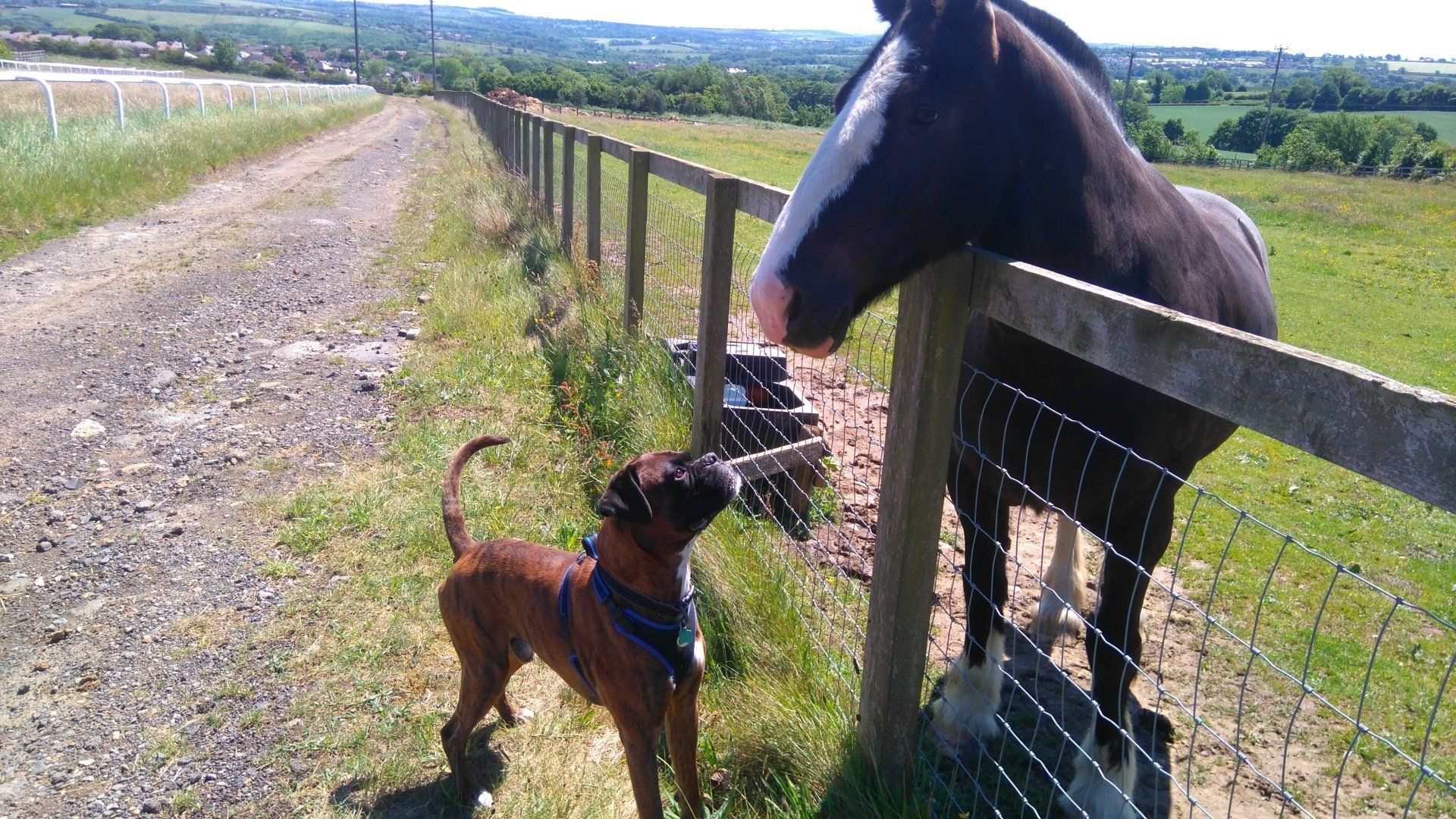
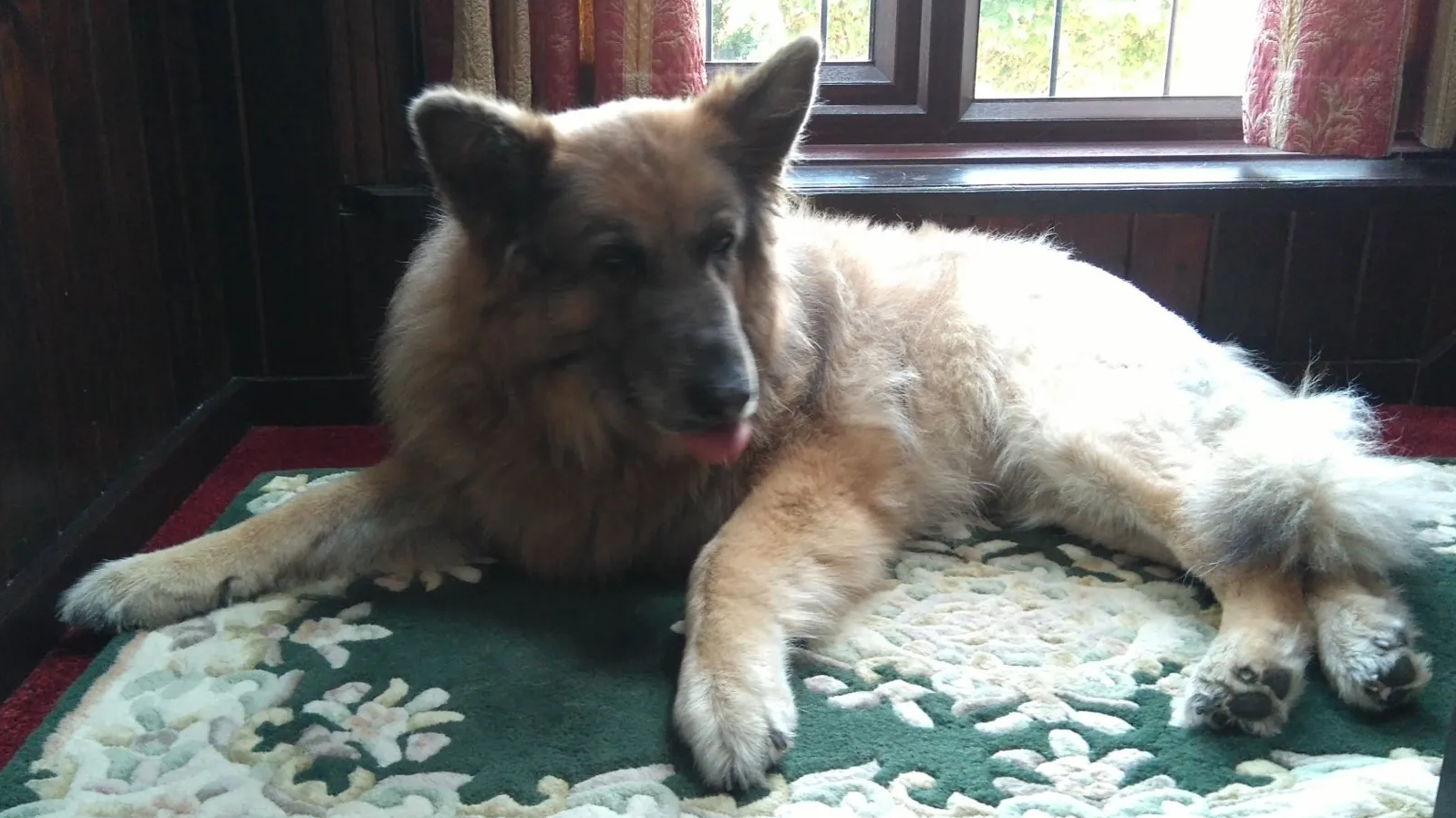
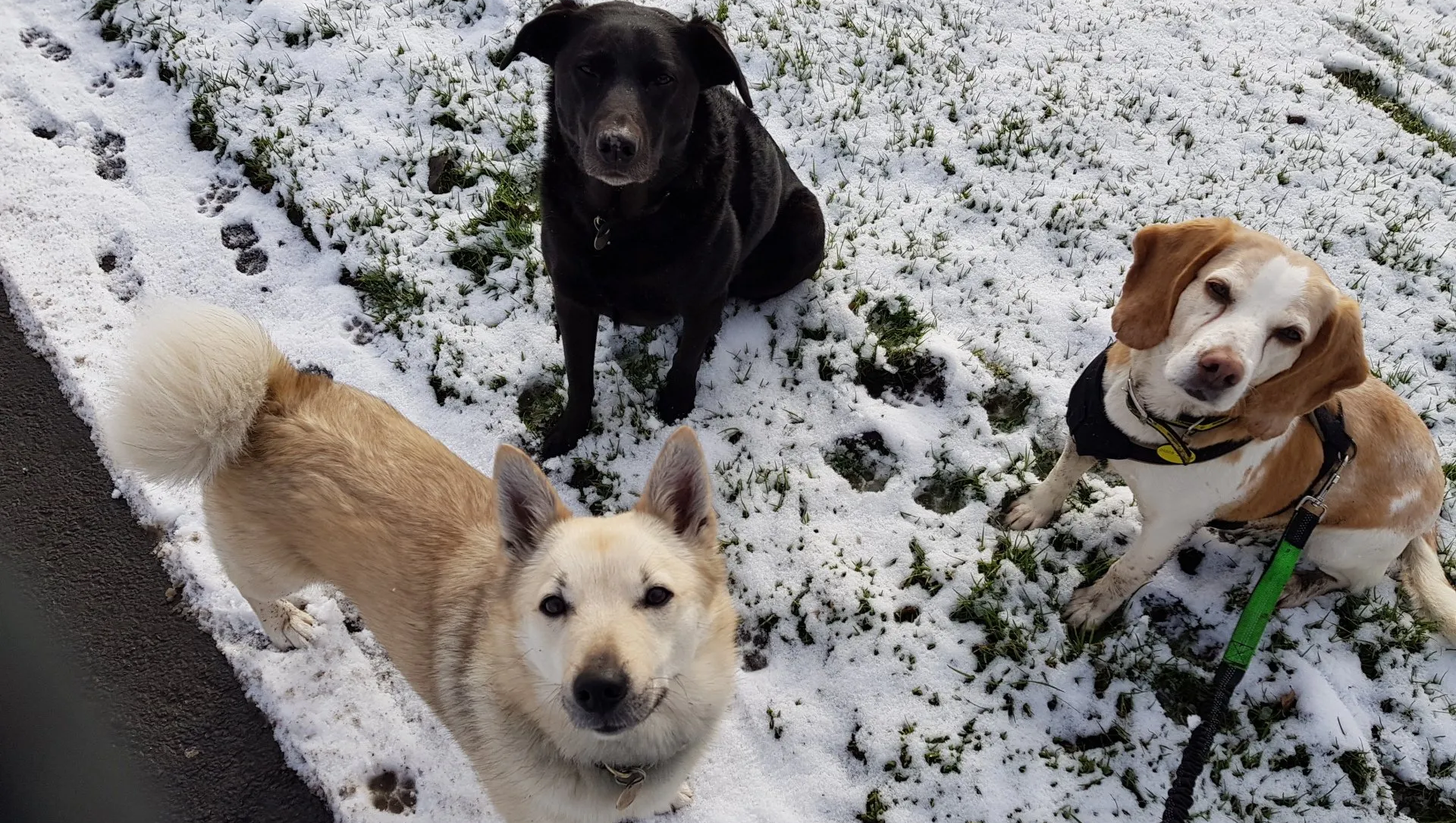
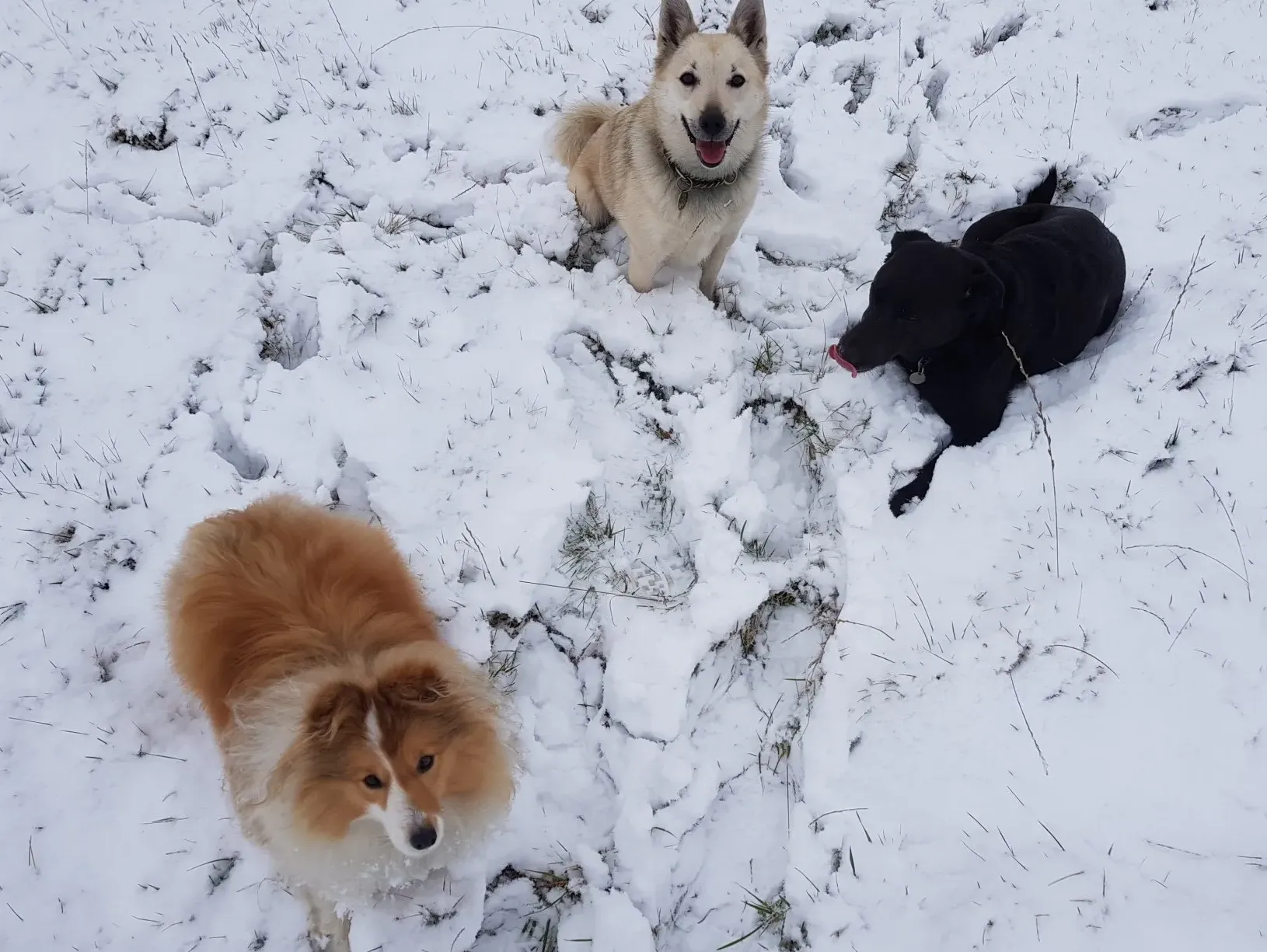

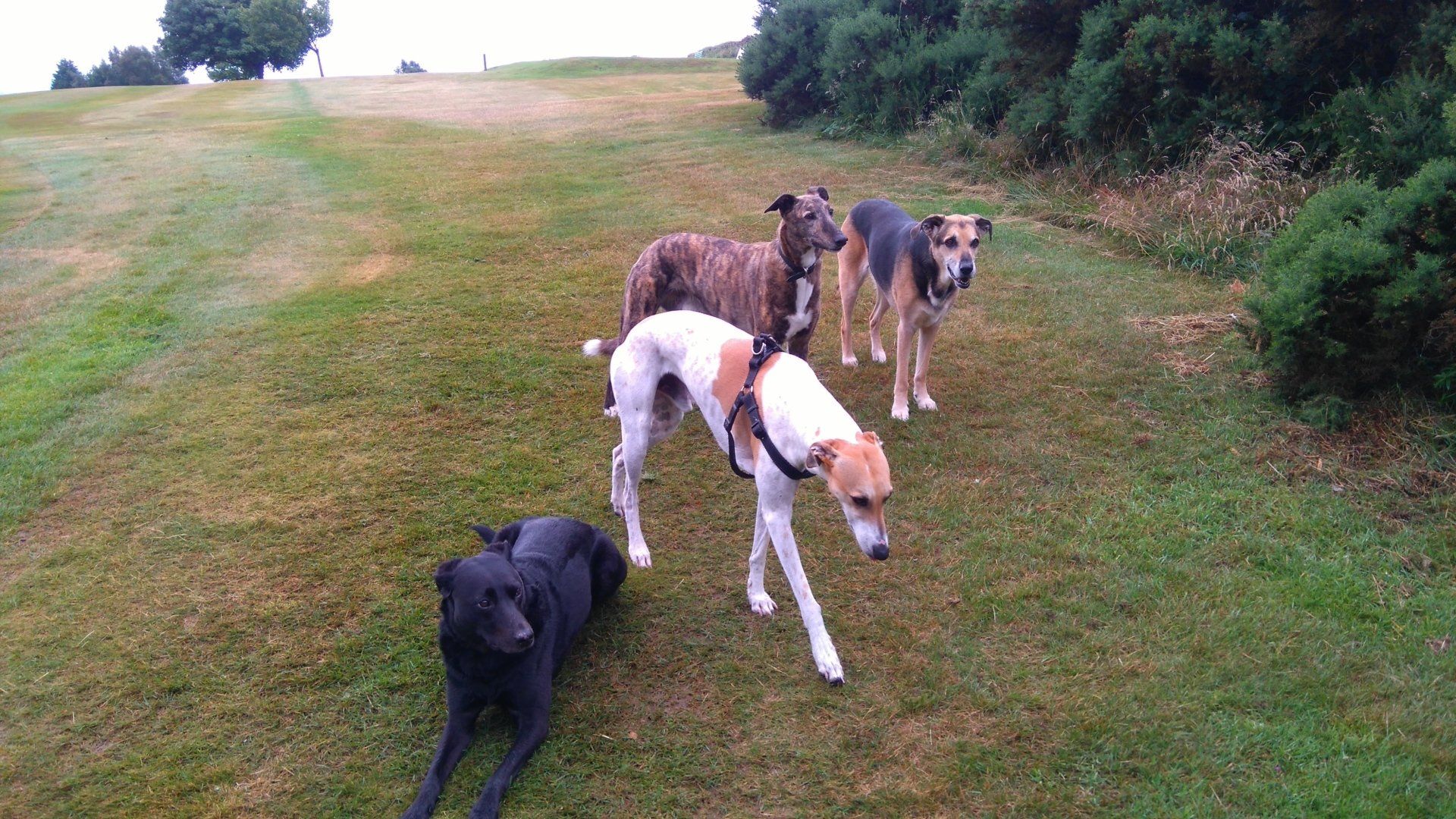
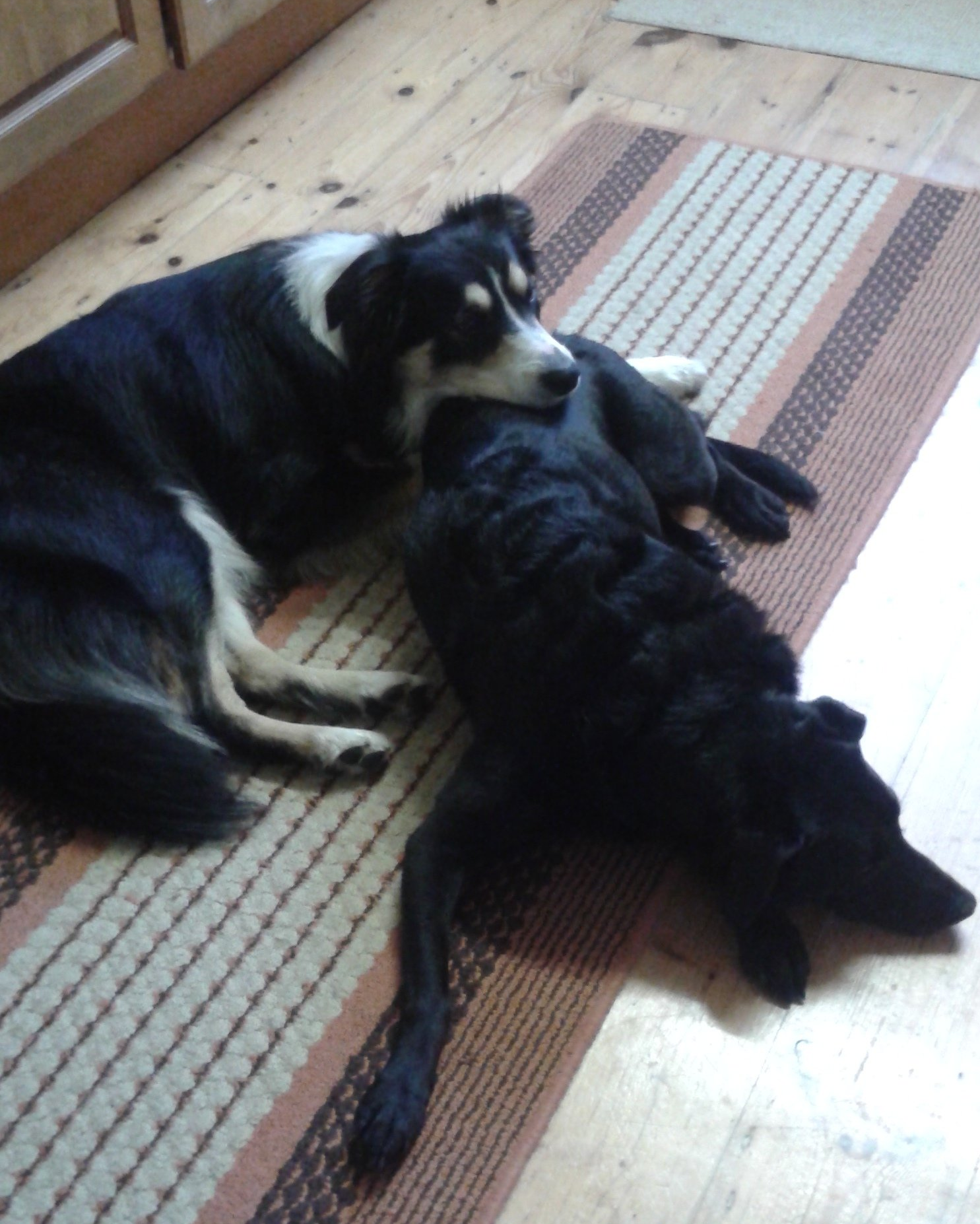
 <="" a="">
<="" a="">